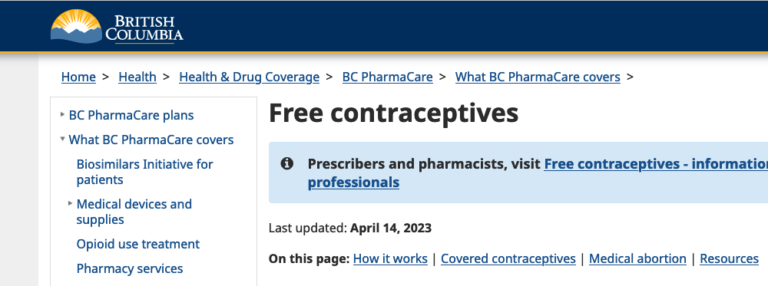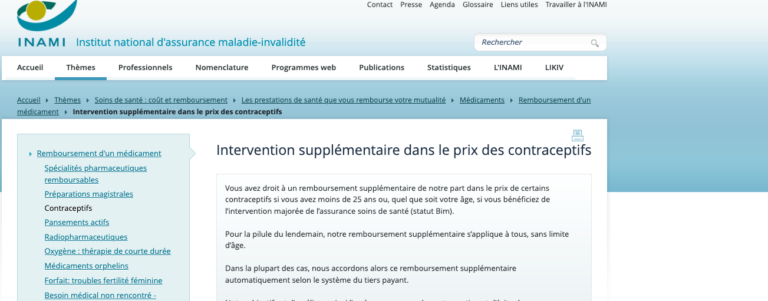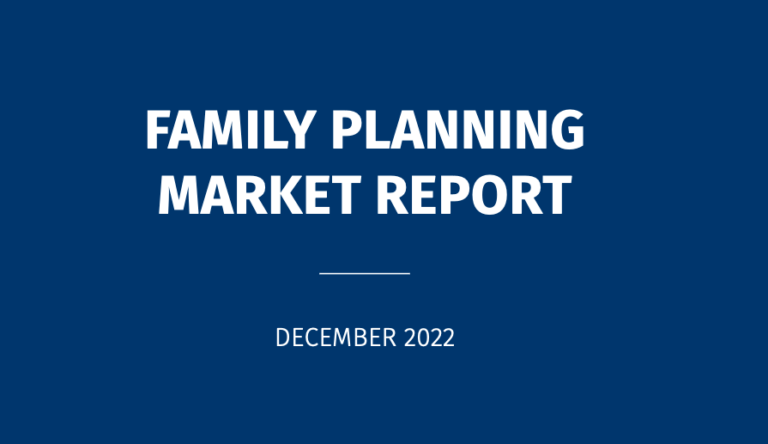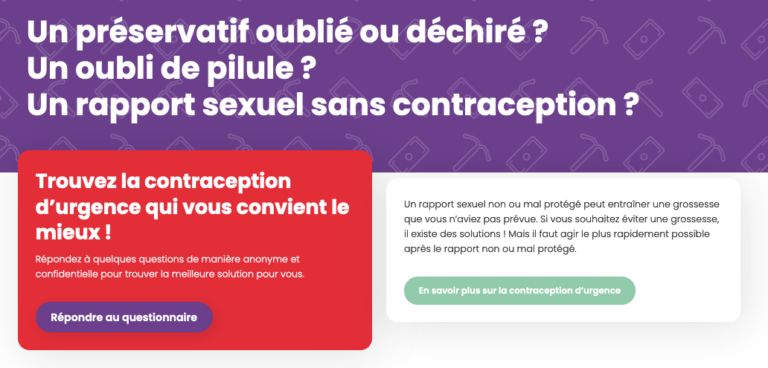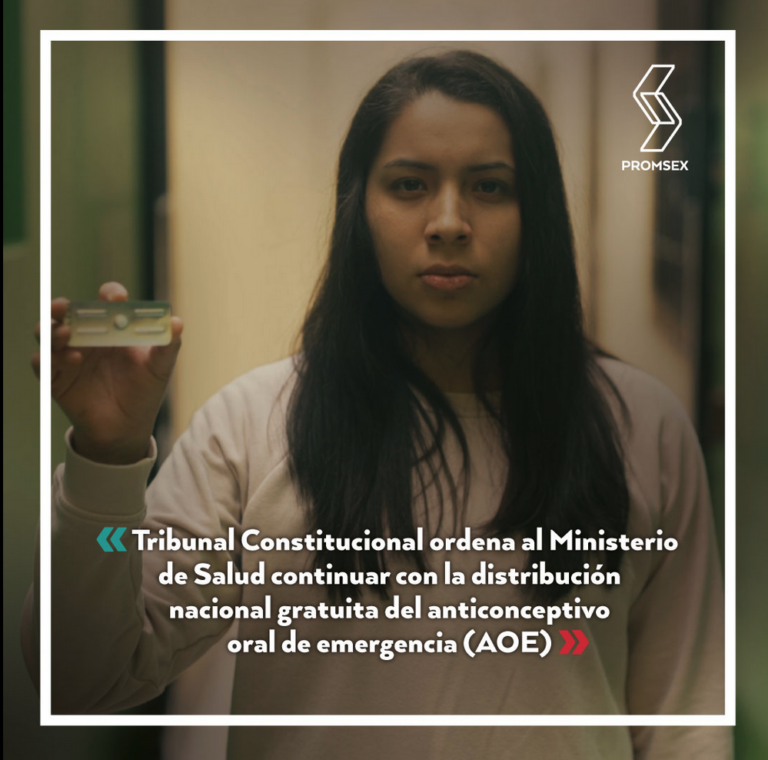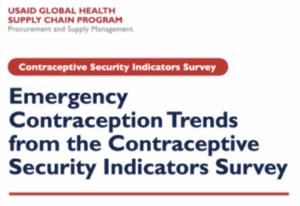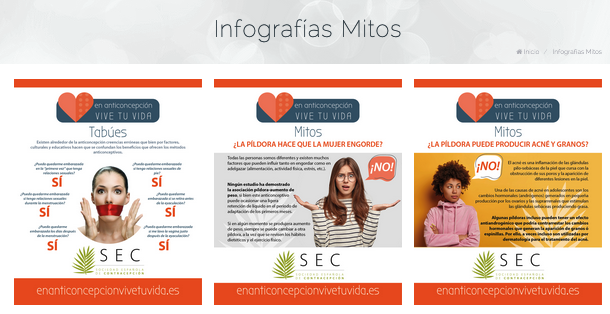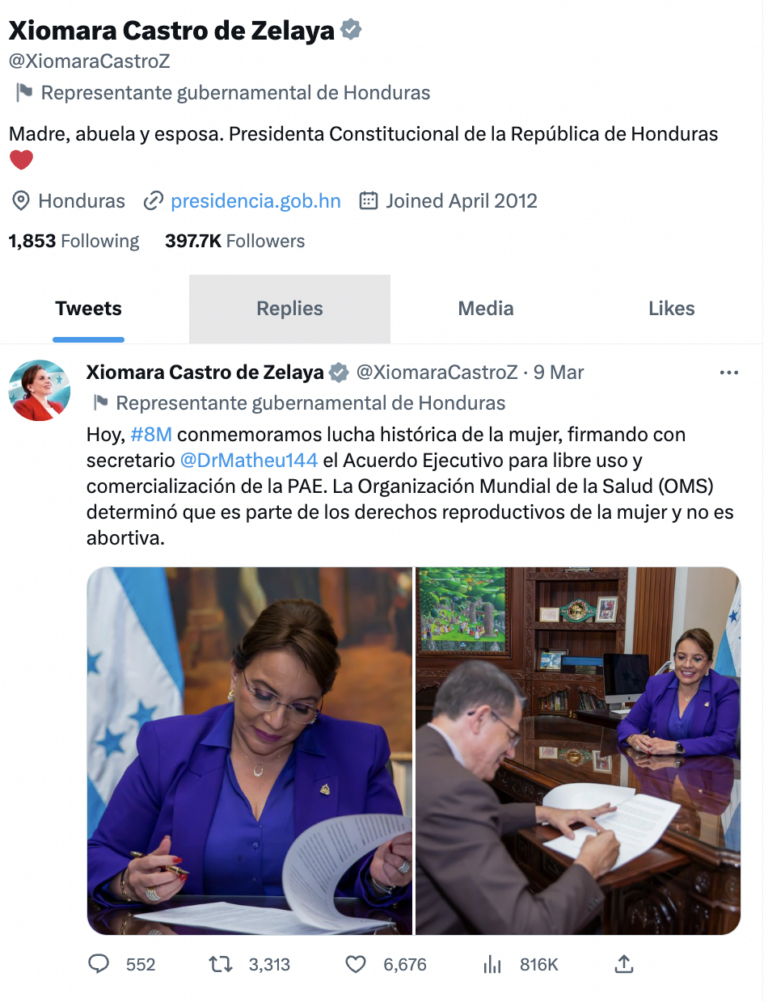Argentina: LNG EC pills switched to OTC
May 2023. The Argentinian Minister of Health announced the switch of 1.5 mg levonorgestrel (LNG) emergency contraception pill (ECPs) products, to unrestricted sale products (producto de venta libre). A prescription will no longer be required to buy LNG ECPs. LNG ECPs are marketed in Argentina for over 10 years. UPA ECPs are registered but not yet…
